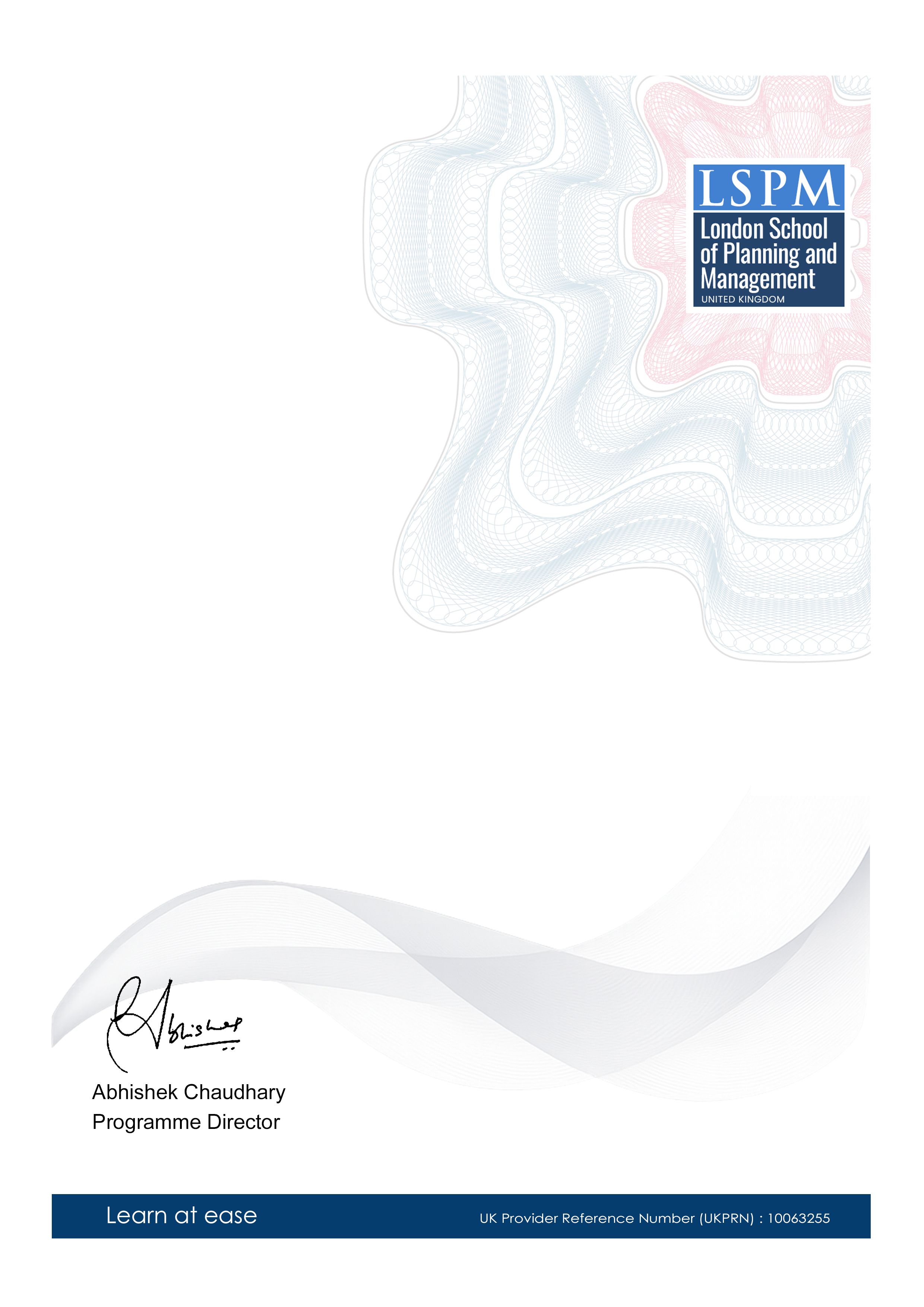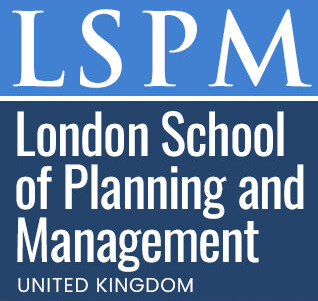Advanced Certificate in Fraud Detection Techniques for Telecommunications Security
-- viewing nowFraud Detection Techniques are crucial for Telecommunications Security to prevent financial losses and maintain customer trust. Designed for professionals in the telecommunications industry, this Advanced Certificate program equips learners with the skills to identify and prevent fraudulent activities.
2,681+
Students enrolled
GBP £ 149
GBP £ 215
Save 44% with our special offer
About this course
100% online
Learn from anywhere
Shareable certificate
Add to your LinkedIn profile
2 months to complete
at 2-3 hours a week
Start anytime
No waiting period
Course details
• Advanced Data Analysis: This unit will cover the use of data analysis techniques and tools to detect patterns and anomalies in telecommunications data, which can indicate fraudulent activity.
• Fraud Detection Systems: This unit will cover the various fraud detection systems used in the telecommunications industry, including their strengths and weaknesses, and how to choose the right system for your organization.
• Telecom Fraud Laws and Regulations: This unit will cover the legal and regulatory framework surrounding telecommunications fraud, including relevant laws, regulations, and industry standards.
• Risk Management in Telecom: This unit will cover risk management strategies specific to the telecommunications industry, including how to identify, assess, and mitigate the risks associated with fraudulent activity.
• Telecom Network Security: This unit will cover best practices for securing telecommunications networks against fraud, including network design, access control, and encryption.
• Fraud Detection Tools and Techniques: This unit will cover the various tools and techniques used to detect fraud in telecommunications, including statistical analysis, machine learning, and artificial intelligence.
• Incident Response and Investigation: This unit will cover the steps to take in the event of a suspected fraud incident, including investigation, containment, and recovery.
• Case Studies in Telecom Fraud: This unit will examine real-world examples of telecommunications fraud, including how the fraud was detected, investigated, and resolved.
• Ethics in Fraud Detection: This unit will cover the ethical considerations surrounding fraud detection, including privacy concerns and the potential for false positives.
Career path
Entry requirements
- Basic understanding of the subject matter
- Proficiency in English language
- Computer and internet access
- Basic computer skills
- Dedication to complete the course
No prior formal qualifications required. Course designed for accessibility.
Course status
This course provides practical knowledge and skills for professional development. It is:
- Not accredited by a recognized body
- Not regulated by an authorized institution
- Complementary to formal qualifications
You'll receive a certificate of completion upon successfully finishing the course.
Why people choose us for their career
Loading reviews...
Frequently Asked Questions
Course fee
- 3-4 hours per week
- Early certificate delivery
- Open enrollment - start anytime
- 2-3 hours per week
- Regular certificate delivery
- Open enrollment - start anytime
- Full course access
- Digital certificate
- Course materials
Get course information
Earn a career certificate

